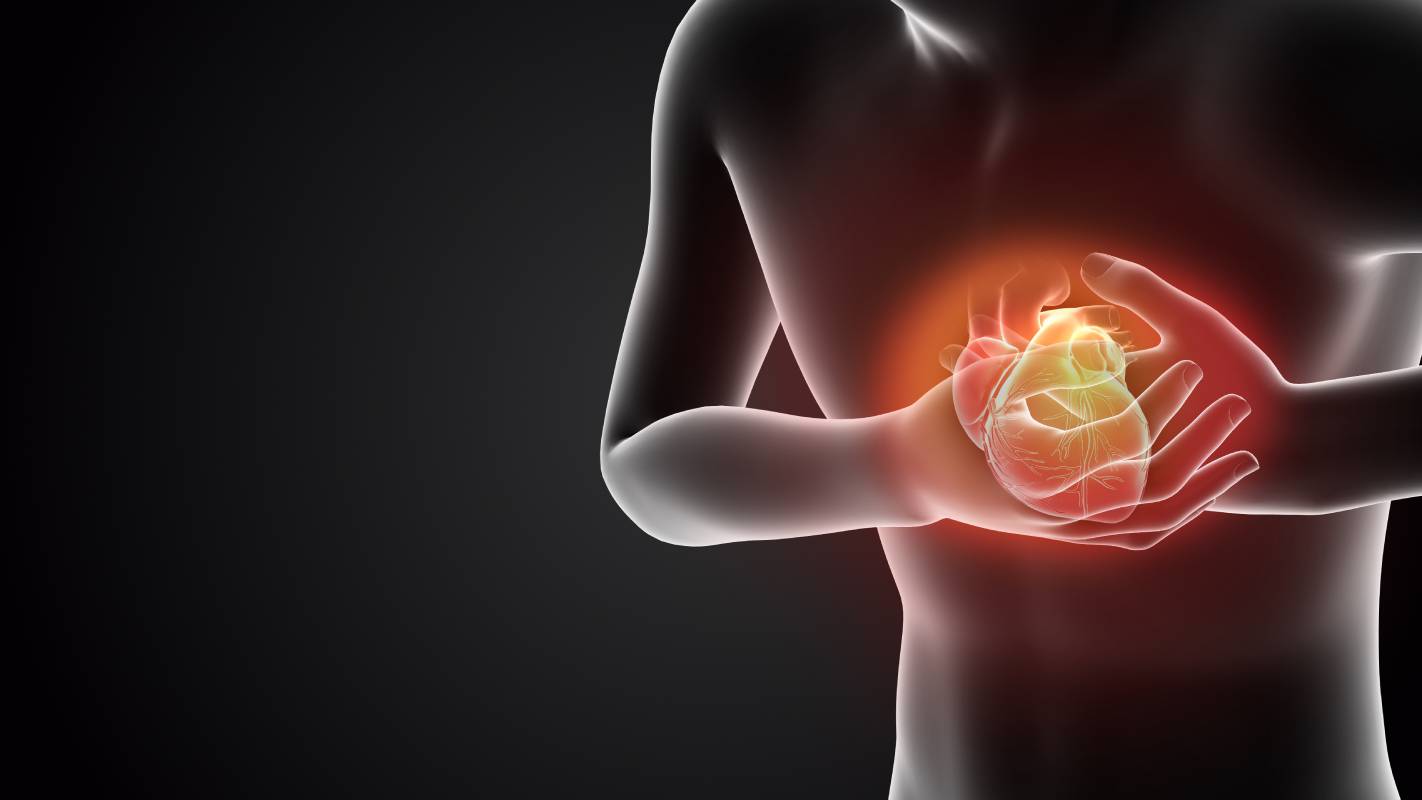Myocarditis, or inflammation of the heart’s muscle, is a rare complication of vaccination. There has been an increasing number of reports of myocarditis after COVID-19 vaccines, particularly among adolescents and young adults. Interestingly, research has recently shown that mRNA COVID-19 vaccines significantly increase the risk of myocarditis, particularly in males and in people 16 to 39 years of age 1; further research has found that myocarditis after the second dose of an mRNA COVID-19 vaccine occurs clinically in approximately one in 10,000 young males, i.e. 50-100 times higher than normal 2. The risk to this particular demographic is not surprising given that, even before the COVID-19 pandemic, it was well established that the incidence of myocarditis was highest in young, adult males 3. Furthermore, myocarditis is also a known, rare complication occurring after other vaccines, and evaluating this phenomenon further may help contextualize the risk posed by COVID-19 vaccines in particular.
A recent meta-analysis probed this question in depth 4, analyzing multiple studies, spanning a total of 400 million doses of vaccines, assessing the presence of myocarditis and pericarditis (inflammation of the heart’s membrane) following both COVID-19 and non-COVID-19 vaccines. Data showed that across all vaccines, the average incidence of myocarditis was 16 cases per million vaccine doses – overall low. However, there were differences across different types of vaccines. Specifically, the incidence of myopericarditis reached 132 per million doses of smallpox vaccine, 1.3 per million doses of influenza vaccine, and 57 per million doses in studies reporting on a variety of vaccines 4.
Finally, fascinatingly, data further showed that the overall incidence of myocarditis was significantly lower among those receiving COVID-19 vaccines than those receiving non-COVID-19 vaccines.
This study had a number of limitations, however. First, it was limited in that it did not report on the outcomes of patients under 12 years of age. Second, comparisons across vaccine types were made indirectly across studies from different time periods; there were also other important vaccines which remained under-represented in the analysis. Further, the review was unable to account for the disease burden or severity of myopericarditis, which, while usually mild and self-limiting, may be very severe, potentially requiring mechanical circulatory support. Finally, most studies included in the meta-analysis did not document the presence of myocarditis or pericarditis specifically, instead grouping both complications under the umbrella term myopericarditis.
Thus far, guidelines for vaccine-induced myopericarditis have mainly focused on its early diagnosis and treatment 5, while some have recommended avoiding strenuous exercise for 14 days following vaccination 6. Several national guidelines have further highlighted the indications and contraindications for vaccine subtypes in this context. Although the prognosis of myocarditis remains generally good, long-term outcomes for affected patients after 3 to 6 months remain to be elucidated 7.
In conclusion, the overall risk of myocarditis following both non-COVID-19 or COVID-19 vaccines remain low. In addition, although younger males have an increased incidence of myocarditis, particularly after an mRNA vaccine, the risks of such rare adverse events should be carefully weighed against the risks of viral infection.
References
1. Dagan, N., Barda, N. & Balicer, R. D. Adverse Effects after BNT162b2 Vaccine and SARS-CoV-2 Infection, According to Age and Sex. N. Engl. J. Med. (2021). doi:10.1056/nejmc2115045
2. COVID-19 vaccine weekly safety report – 02-12-2021 | Therapeutic Goods Administration (TGA). Available at: https://www.tga.gov.au/periodic/covid-19-vaccine-weekly-safety-report-02-12-2021.
3. Wang, X. et al. Global, Regional, and National Burden of Myocarditis From 1990 to 2017: A Systematic Analysis Based on the Global Burden of Disease Study 2017. Front. Cardiovasc. Med. (2021). doi:10.3389/fcvm.2021.692990
4. Ling, R. R. et al. Myopericarditis Following COVID-19 Vaccination: A Systematic Review, Meta-Analysis and Comparison With Non-COVID-19 Vaccination. SSRN Electron. J. (2022). doi:10.2139/ssrn.4000665
5. Clinical Considerations: Myocarditis after mRNA COVID-19 Vaccines | CDC. Available at: https://www.cdc.gov/vaccines/covid-19/clinical-considerations/myocarditis.html.
6. MOH | News Highlights. Available at: https://www.moh.gov.sg/news-highlights/details/expert-committee-on-covid-19-vaccination-updates-of-assessment-on-myocarditis-and-pericarditis-following-vaccination-with-mrna-covid-19-vaccines.
7. Puchalski, M., Kamińska, H., Bartoszek, M., Brzewski, M. & Werner, B. COVID-19-Vaccination-Induced Myocarditis in Teenagers: Case Series with Further Follow-Up. Int. J. Environ. Res. Public Health (2022). doi:10.3390/ijerph19063456
